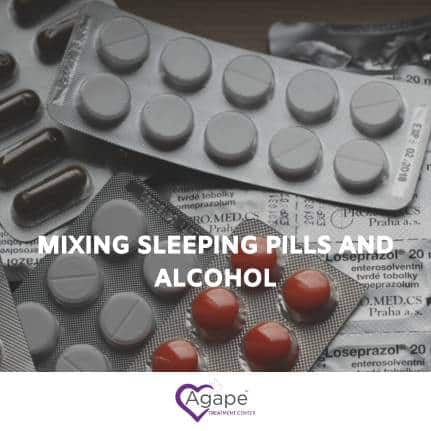Aspirin and ibuprofen contain different active ingredients whereas aspirin is made with salicylic acid ibuprofen is. However ibuprofen provides quicker relief than naproxen and is less likely to cause an upset stomach so might be more appropriate for acute pain.
 Acetaminophen Vs Ibuprofen Which Works Better Health Essentials From Cleveland Clinic
Acetaminophen Vs Ibuprofen Which Works Better Health Essentials From Cleveland Clinic
It is used to treat and prevent a wide range of different conditions.

Aspirin vs ibuprofen for pain. Higher dosages are associated with stomach irritation and. By 1969 demand for stronger painkillers produced another NSAIDs contender. However both aspirin and ibuprofen can be used to treat pain caused by inflammation or injury headaches fevers.
Is aspirin a nonsteroidal anti-inflammatory drug. Aspirin is also used to prevent blood clots and to reduce the risk of strokes and heart attacks. Ibuprofen naproxen sodium and aspirin are all non-steroidal anti-inflammatory drugs NSAIDs with a similar mechanism of action.
We compared aspirin 325 mg. Ibuprofen is also used to treat signs and symptoms of rheumatoid arthritis and osteoarthritis and for treatment of menstrual cramps primary dysmenorrhea. Both aspirin and ibuprofen relieve pain by blocking prostaglandinsnatural hormone-like substancesin the bodyand this minimizes pain and swelling.
When should you take aspirin. You shouldnt combine NSAIDs as that can increase the likelihood of side effects. Each patient received a si.
Never give aspirin to a child younger than 16 unless their doctor prescribes it. Aspirin and ibuprofen are nonsteroidal anti-inflammatory drugs NSAIDs used to treat fever pain and inflammation in the body. Ibuprofen is effective for the short-term relief of minor aches and pains.
Serious risks of NSAIDs with the exception of aspirin include an increased risk of heart attack or stroke. Ibuprofen which was introduced as a treatment for rheumatoid arthritis. How NSAIDS nonsteroidal anti-inflammatory drugs such as ibuprofen naproxen and aspirin can cause more pain than they relieve.
People at risk of cardiovascular disease may want to avoid. Its best to use Aspirin as a blood thinner and in case of angina or heart attack. It produces the same kind of side effects as other NSAIDs but is not as effective as a painkiller which means its not usually prescribed for pain.
In low doses it can be used to thin the blood. The object of a study was to evaluate the analgesic efficacy of ibuprofen for dental pain. Both aspirin and NSAIDs are non-narcotic pain relievers that are used to treat pain and fever due to a variety of health conditions like headaches arthritis and infections cold and flu.
The subjects were outpatients who were undergoing surgical removal of impacted teeth. Even though aspirin and Ibuprofen are both NSAIDs nonsteroidal anti-inflammatory drugs and work similarly that is by blocking the bodys production of prostaglandins which relieves pain and inflammation there are several differences between the two drugs and they are not considered interchangeable. This research was published in the Annals of the Rheumatic Diseases.
It can be used as an anti-inflammatory pain reliever but because of its potential side effects and interactions. The most common side effect of both drugs are gastrointestinal. Aspirin can be used to relieve pain and inflammation caused by rheumatic and muscular pain sprains backache headache sore throat toothache and period pain.
For those with ongoing pain however knowing that drugs such as aspirin and ibuprofen dont offer a solution will at least help avoid unnecessary risks and maybe help put them on a better path to a less uncomfortable life. Yes but the mechanism of action how it works is different from other NSAIDs. It can also be used to treat flu-like symptoms and reduce fever in adults.
Aspirin and ibuprofen are both pain relievers from the same family of medicines known as non-steroidal anti-inflammatory drugs or NSAIDs. We review the evidence behind everyday painkillers to reveal which are most effective for treating different ailments from muscle and joint pain to. Paracetamol ibuprofen or aspirin - which is best.
Aspirin is another type of NSAID. Aspirin has long been used as a daily supplement of sorts for people at risk of heart attack and stroke because it inhibits potentially tragic blood clotting for roughly four to seven days. Aspirin relieves pain and inflammation and helps to thin the blood.
Find out more about ibuprofen. What are the dangers of taking aspirin.












